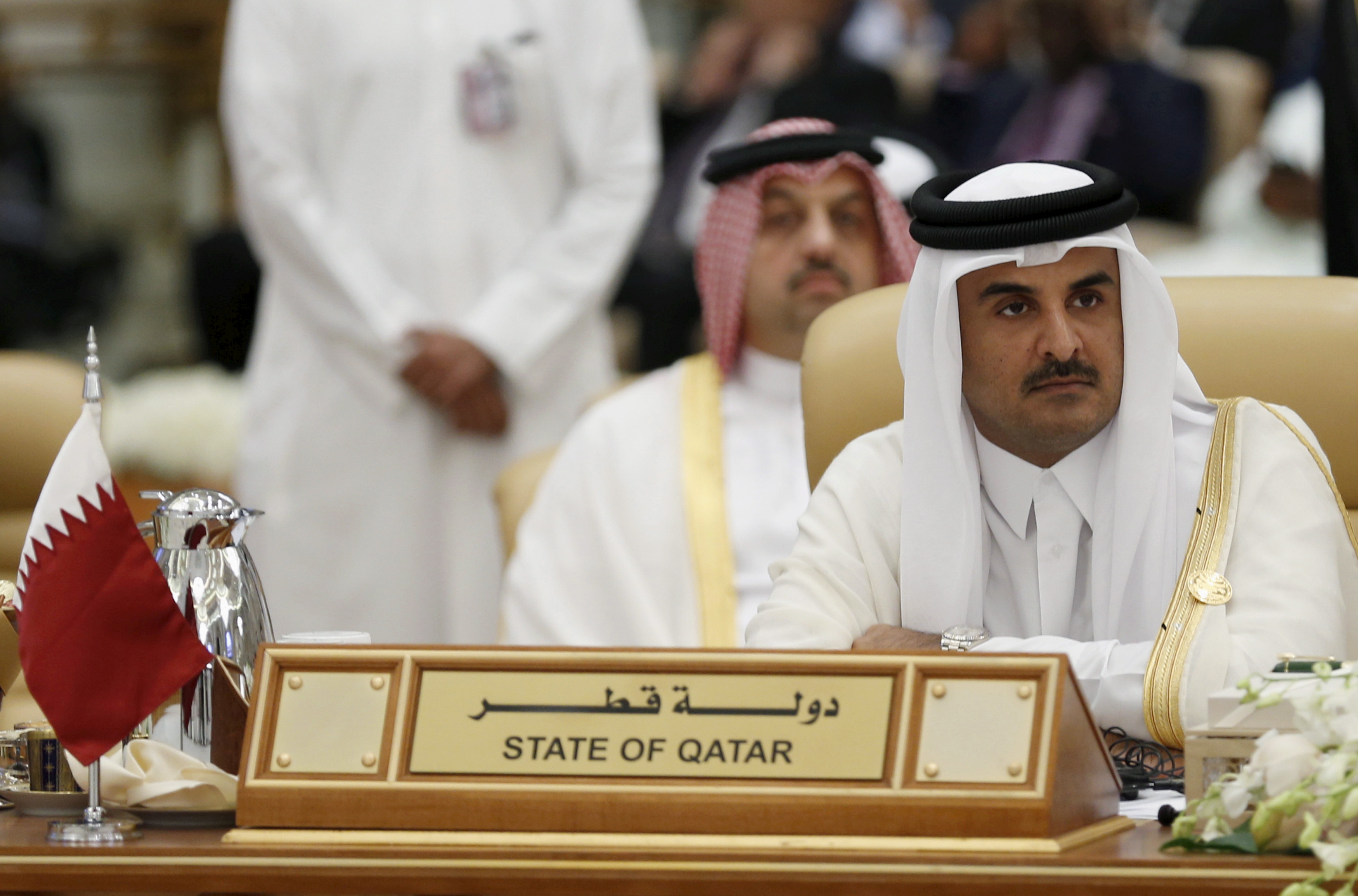PISM Spotlight: Arab Diplomatic Crisis

Why have Arab states severed relations with Qatar?
Relations were cut at the behest of Saudi Arabia, which accused Qatar of supporting extremism, including the Muslim Brotherhood, ISIS (Islamic State/ISIL) and Al-Qaeda. Saudi allies followed suit: Egypt, United Arab Emirates, Bahrain, one of the two power centres in Libya (unrecognised by the international community), and the current government in war-torn Yemen. At least since the Arab Spring of 2011, Qatari foreign policy has contradicted the Saudi’s in their support for opposing forces in the region. Qatar, a country of 2 million with the highest GDP per capita in the world, has supported the Muslim Brotherhood-affiliated parties in Egypt, Tunisia and Libya while the Saudis back anti-Islamist strongmen, such as President Abdel Fattah al-Sisi of Egypt and Gen. Khalifa Haftar of Libya. Contrary to the Saudi position, the Qataris have opted for more balanced policy toward Iran, with which they share the biggest gas field in the Persian Gulf.
What is Saudi Arabia’s interest?
The accusation that Qatar supports extremism may only be a pretext to consolidate Saudi leadership in an anti-Iranian alliance of Arab states. Qatar is not the only country in the GCC that does not have as confrontational a policy toward Iran as Saudi Arabia. The Omani and Kuwaiti strategies are relatively moderate, although the two countries are not as powerful as Qatar. Targeting Qatar is a warning to other Arab states that may want to pursue policy more independent of Saudi Arabia. U.S. President Donald Trump essentially gave the Saudis a green light with his recent visit to Riyadh, where he stoked Saudi leadership aspirations and used harsh anti-Iranian rhetoric. Furthermore, by accusing Qatar of supporting extremism, the Saudis may want to defer their own responsibility for inflaming extremist ideology.
How and when might the crisis end?
Saudi Arabia, UAE and Bahrain severed diplomatic relations with Qatar in 2014, although then it did not entail closing air, sea and land borders with Qatar. That crisis lasted six months. Given the more severe economic and political repercussions for Qatar this time, the conflict may end sooner, especially since Kuwait is ready to mediate the parties. Even if the crisis lasts longer, it should not affect LNG transport routes. Qatari LNG tankers do not have to pass through Bahraini, Emirati or Saudi waters to reach international waters through the Strait of Hormuz.

